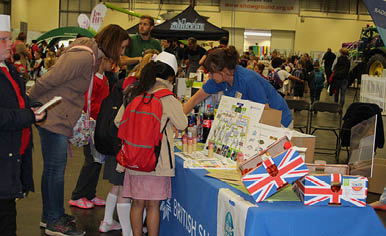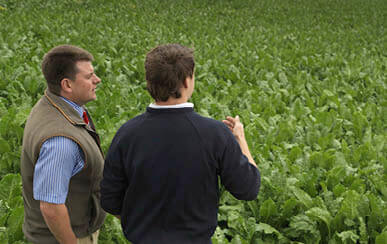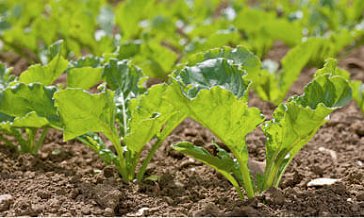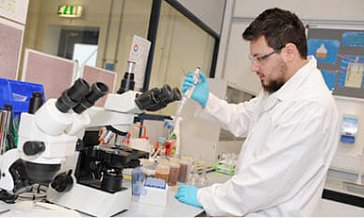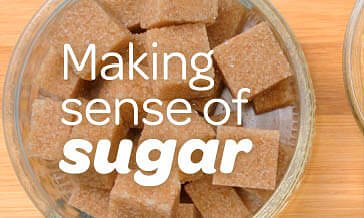
Environmental
Case study
ENVIRONMENTAL: CONSUMING RESOURCES RESPONSIBLY
11 May 2020
Driving inbound supply chain efficiency
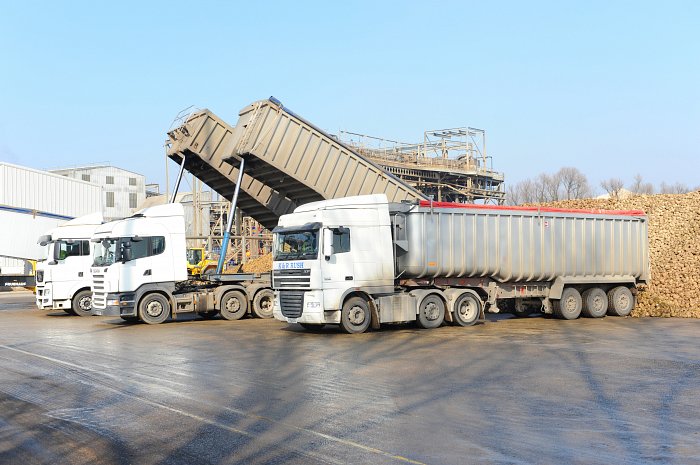
British Sugar works with a number of dedicated haulage and harvesting partners through our Beet Delivery Service to transport sugar beet crop from the fields where it is grown to our factories for processing.
Despite the average distance between farm and factory being just 28 miles, we want to do all we can to reduce food miles even further. To do this, the Beet Delivery Service uses advanced supply chain optimisation software to better match growers to the appropriate factory, and prioritise crop growth closer to our factories. As a result of shifting to more fuel-efficient routes to our factories, initial evidence suggests that we have also improved inbound fuel consumption rates.[1]
To encourage more economic and environmentally friendly driving practices, we have implemented a telematic monitoring system which reports on key performance indicators. Through analysis of this feedback, vehicle idling time has been reduced, cutting unnecessary fuel usage.
By adopting industry leading harvesting technology, the capacity and output of each vehicle is constantly improving, and the streamlining of haulage collection operations means that trucks need to make fewer journeys at a reduced cycle time. Additionally, the adoption of this technology means the sugar beet crop can be cleaned in the field more efficiently, which has significantly reduced the amount of soil being unnecessarily removed from its original site. This has also benefited the quantity of sugar beet being delivered in each load, reducing the need for more journeys.
[1] Data will change year on year depending on harvest yields due to external factors such as weather.


